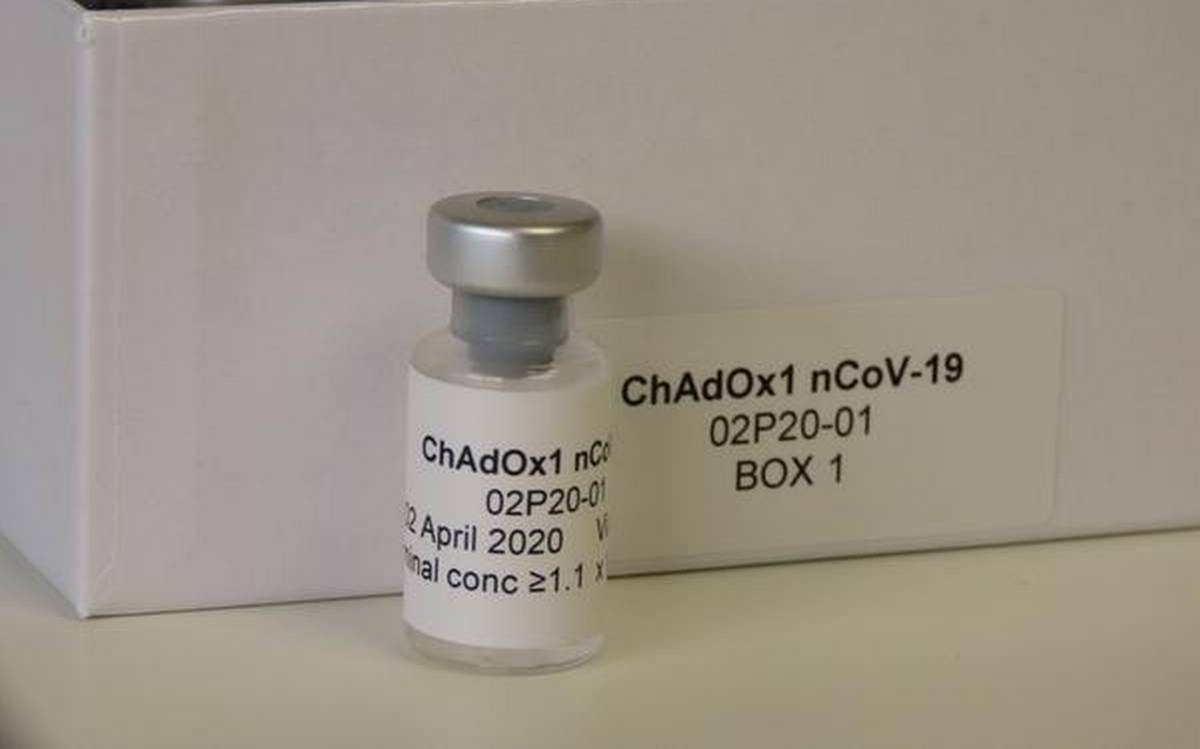RIO DE JANEIRO, BRAZIL – Arnaldo Correia de Medeiros, the Health Regulatory Secretary of the Ministry of Health, said yesterday that the government has now ordered 100 million units of the Oxford vaccine against Covid-19, which is in its third and final testing stage.

If immunization proves effective and safe, the first batch – of 15 million vaccines – should reach Brazil in December this year.
“The first batch is scheduled to arrive in December and the second batch in January. Very soon, if all goes well, we will have the vaccine in December with the help of God and the effort and work of the entire scientific community,” said the Secretary in an interview with CNN Brasil.
According to Correia de Medeiros, there will be 15 million units in December, an additional 15 million in January and another 70 million should reach the country in sequential batches starting in March.
He stressed that Brazil has the advantage of being able to produce the vaccine domestically at the Bio-Manguinhos facility of the Oswaldo Cruz Foundation in Rio de Janeiro.
Brazil signed an agreement with Oxford University and AstraZeneca to acquire this vaccine in late June, assuming the risks of the research – that is, it paid for the technology despite not having the clinical trial’s final results. Totaling US$127 million, the initial agreement sealed the delivery of these 30 million vaccines that Medeiros said should come in December 2020 and January 2021. The other 70 million doses will be purchased at an estimated value of US$2.30 per unit.
This is not the only vaccine in its final testing stage in Brazil. On Monday, the governor of São Paulo João Doria said the coronavirus vaccine developed by the Butantan Institute in partnership with China’s Sinovac is expected to be distributed on a large scale in January 2021.
What testing stage is the vaccine in?
The Oxford vaccine is currently in stage three. Researchers have already conducted the pre-clinical stage on animal models that are comparable to humans. It has been tested on rats, ferrets and monkeys and proved safe. Then the clinical stage was initiated, which is divided into three stages.
In stage one, the product was tested on healthy adults to prove safety in humans. In stage two, immunogenicity was analyzed to determine whether the vaccine actually generates an immune response in the body, whether the body produces antibodies for that virus. Finally, stage three was reached to test the product’s efficacy, whether it effectively protects and immunizes.
Brazil, which still has a rising epidemiological curve, has joined the list of countries that will test the vaccine first-hand in 5,000 volunteers.
Why are the trials being conducted in Brazil?
The epidemiological curve is still rising in the country, possibly rendering the results more assertive. In stage three, subjects are divided into two groups: half are administered the vaccine, and the other half are given a placebo or another vaccine that does not protect against the studied pathogen.
As a double blind trial, no participant is aware of what is administered – neither the scientists nor the volunteers. It is also randomized, meaning that the groups are drawn and balanced, to determine details that may influence the outcome, such as the subjects’ age.
These individuals then return to their homes and carry on with their daily lives. They are exposed to the coronavirus in the environment, as well as the rest of the population, and are monitored for a while. In the case of the Oxford vaccine, this monitoring is planned for one year.
But it is not only Brazil that is entering stage three. In addition to the UK, it will also be tested in two countries in Africa, a country in Asia and in the US, where 30,000 volunteers will be recruited.
How does the Oxford vaccine work?
The strategy used is that of a non-replicant viral vector. This means scientists use a different virus than the coronavirus as a kind of “Trojan horse”. In the case of the Oxford University vaccine, an adenovirus is used.
This virus is genetically modified to become weak, i.e. non-infectious and incapable of replication in the human body. The researchers insert a part of the also modified and non-infectious coronavirus, a protein, into this virus.
When this vaccine is injected into the body, the immune system develops an immune response to this protein hidden within the vector, leading to the production of antibodies and other defense cells capable of protecting the individual from Covid-19.
Source: UOL

